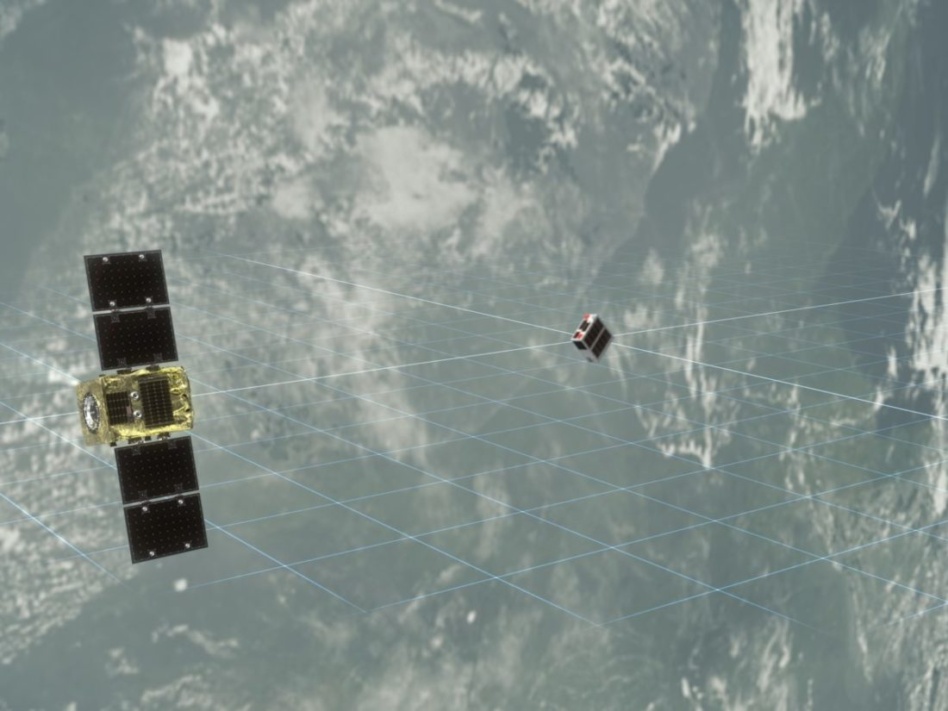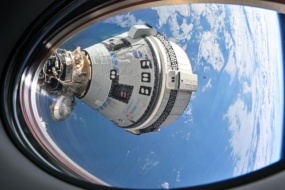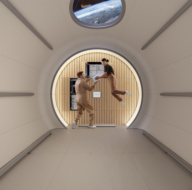The UK has decided it’s ready to kickstart space junk removal missions.
On Monday, the UK Space Agency announced that it had awarded two active debris removal (ADR) Phase B demo contracts to ClearSpace and Astroscale. The contracts awarded are worth £2.25M ($2.4M) and £1.7M ($1.8M), respectively. Beware that the dollar conversion may rapidly sink between our writing and your reading of this.
Next year, UKSA will choose one of the two companies to advance.
The debris problem
In orbit around Earth right now are millions of pieces of debris—a combination of spent rocket boosters, defunct satellites, pieces of broken spacecraft, and flecks of paint and metal built up over time. The DoD’s Space Surveillance Network currently tracks about 27,000 pieces of debris greater than 5cm, and tons more than that is currently untrackable from ground systems.
It’s the largest, most uncontrollable pieces of debris in orbit that currently pose the highest risk of causing collisions in orbit. NASA’s inspector general estimated last year that actively removing five of the largest, most dangerous debris objects from orbit per year would effectively stabilize the orbital environment (alongside a high rate of post-mission satellite disposal).
The UK steps up
No nation has successfully demonstrated ADR in orbit. UKSA is upping its ADR investment to change that.
ClearSpace, the larger awardee, is a Swiss debris removal startup that will now move forward with Clearing the LEO Environment with Active Removal (CLEAR) mission development. The UK award should advance the project through preliminary design review in 2023, with a tentative launch set for 2025.
- ClearSpace is developing a spacecraft with robotic arms that can catch debris in orbit, then drag it down to burn up upon atmospheric reentry.
- CLEAR is designed to deorbit two pieces of UK-origin space trash that have been inactive for at least a decade.
Astroscale’s £1.7M ($1.8M) Phase B contract will support the development of its Cleaning Outer Space Mission through Innovative Capture (COSMIC) mission.
- COSMIC will use a combination of Astroscale’s magnetic capture technology and robotics to remove two defunct UK spacecraft.
- The Astroscale team said that it has identified a number of potential targets for COSMIC, and will settle on the two final candidates as part of this next design phase.
Both awardees are leading their own team of British space companies that will work together in the next phase of mission development. After both teams have advanced through preliminary design review in Oct. 2023, UKSA will choose one project to push over the finish line.
+ While we’re here: For more information about the debris environment and the challenges of ADR, check out the first part of our deep dive into orbital debris regulation.





